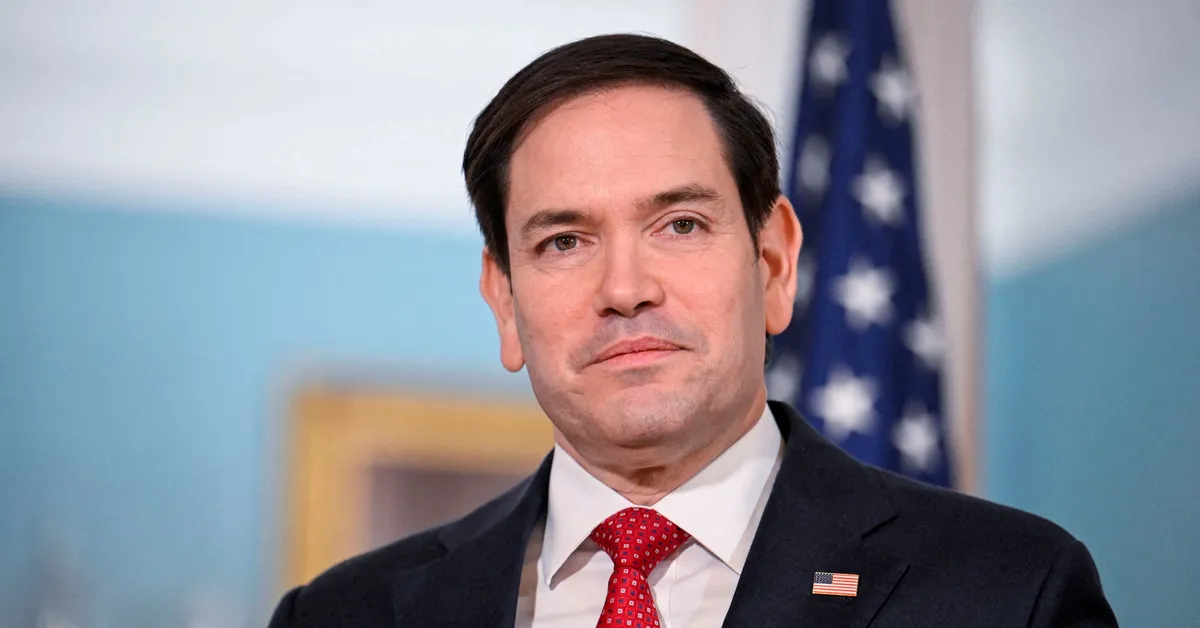
On March 9, 2023, U.S. officials announced plans for a significant meeting with a Ukrainian delegation scheduled for Tuesday in Saudi Arabia. This meeting aims to assess Ukraine's willingness to make material concessions to Russia as a means to end the ongoing war. According to two anonymous U.S. officials, the discussions will play a critical role in determining the future of U.S.-Ukraine relations and the prospect of lasting peace.
U.S. Secretary of State Marco Rubio is set to travel to Jeddah on Sunday for the discussions, which will be led by Andriy Yermak, a top aide to Ukrainian President Volodymyr Zelenskiy. Rubio will be accompanied by National Security Adviser Mike Waltz and Trump's Middle East envoy, Steve Witkoff. The U.S. delegation is keenly interested in whether the Ukrainian representatives are genuinely prepared to enhance ties with the Trump administration, especially following a contentious meeting between Trump and Zelenskiy last month.
One U.S. official emphasized the importance of realism in peace negotiations, stating, “You can't say 'I want peace,' and, 'I refuse to compromise on anything.'” The officials are looking for indications that Ukraine is not just interested in peace but is ready to negotiate a realistic peace. If Ukraine holds firm to pre-2014 or 2022 borders, it may signal a lack of willingness to engage meaningfully in the peace process.
President Trump has expressed optimism regarding the upcoming talks, stating, “We're going to make a lot of progress, I believe, this week.” Meanwhile, Zelenskiy, in his nightly video address, indicated his commitment to pursuing peace and expressed hope that the negotiations would yield positive results. He remarked, “This concerns both, bringing peace closer and continuing support.”
Ukraine's European allies maintain that the country must approach negotiations from a position of strength and should not be rushed into discussions with an aggressor. Zelenskiy has accused Russian President Vladimir Putin of having no genuine interest in peace, warning that Russia could pose a threat to other European nations if Ukraine does not achieve a decisive victory.
In February, U.S. officials had separate meetings with Russian representatives in Riyadh, focusing on rebuilding bilateral relations that had been largely frozen during the Biden administration. However, Trump has recently expressed frustration with Ukraine, indicating a belief that the country is depleting its manpower and resources. His administration has also curtailed weapons shipments and some intelligence sharing with Kyiv, citing concerns over Ukraine's openness to a peace process.
Amidst the backdrop of these discussions, a potential minerals deal between the U.S. and Ukraine remains in limbo. Ukraine seeks a U.S. security guarantee in exchange for access to certain mineral resources. Although both sides have indicated a willingness to finalize the agreement, it has not yet been signed. Trump has stated, "They will sign the minerals deal but I want them to want peace... They haven't shown it to the extent they should."
The upcoming meetings in Saudi Arabia are poised to be a pivotal moment for U.S.-Ukraine relations and the broader peace process in the region. As discussions unfold, both sides hope to engage in constructive dialogue that brings them closer to a resolution of the ongoing conflict. The world watches closely as these critical talks take place, hoping for a breakthrough that could lead to lasting peace.